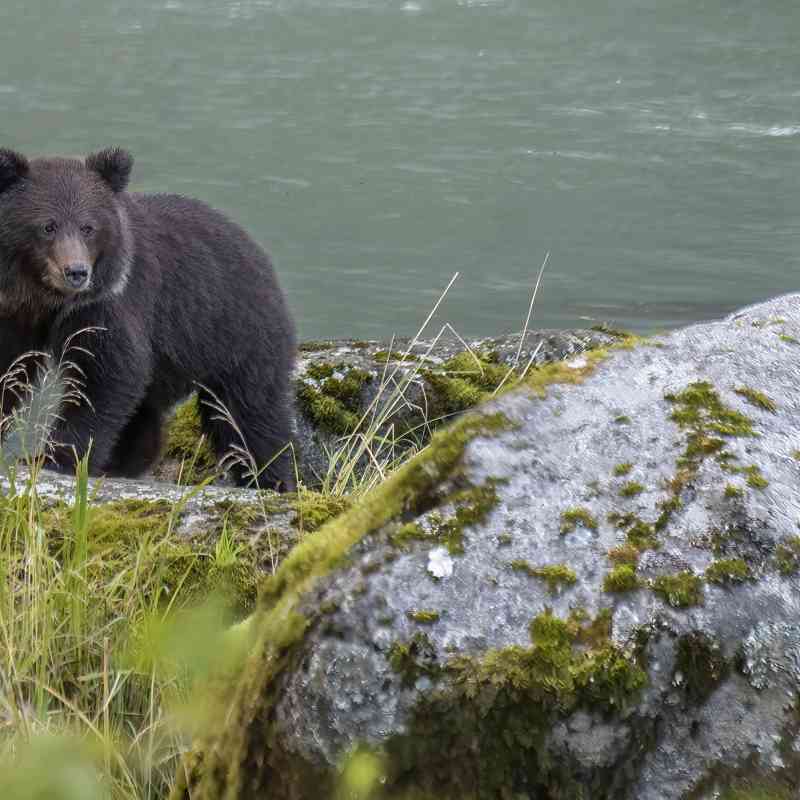As the Obama administration sets out to determine the future for the 193-million-acre National Forest System, a coalition of conservation organizations is calling on people to make their voices heard. They’ll get that chance from March 29 through May 12 when the U.S. Forest Service hosts a series of roundtable discussions with citizens across the country to determine how the forests are managed for generations.
“This is a golden opportunity for people to play a direct role in shaping the future of our national forests, as well as a golden opportunity for the Obama administration to listen to the concerns of its citizens,” said Mike Anderson, a senior resource analyst with The Wilderness Society who has long been on the front lines of the forest management process. He notes that more than 200 million people a year visit the nation’s 155 national forests and grasslands. “It’s a chance for them to tell the Forest Service they want the strongest possible protection for water, trees and other natural resources needed by people and wildlife alike.”
The key to getting the process off to a good start, according to the coalition, is for the Forest Service to ensure that it genuinely listens to the public input. It also wants the agency to develop conservation plans that are real and enforceable – not just vague promises on paper.
“The previous administration invented the decisionless forest plan so they would never have to be accountable to anyone,” said Martin Hayden, the vice president for policy and legislation at Earthjustice. “The Obama administration needs to restore agency accountability to the public by making a rule that requires plans that make actual decisions and contain enforceable conservation standards.”
The public process follows federal court decisions overturning two previous Bush administration planning rules that would have weakened environmental protections for national forests. And the new planning regulations would give the Obama administration the chance to determine the future of our nation’s forests.
Another top priority for the Forest Service should be a commitment to applying sound science to the development of the new forest planning rule, according to the coalition.
“National Forests are the lungs and water purification systems of our nation,” said Dominick DellaSala, president and chief scientist for the National Center for Conservation Science and Policy. “They should be managed with sound science to ensure their legacy of clean water, old forests and roadless areas are protected as being integral to the nation's climate change insurance.”
Beyond the principles of accountability and the application of science, the coalition is also urging people to tell the Forest Service it should:
• Preserve clean supplies of drinking water: Guarantee safe drinking water by protecting headwater sources, streams and rivers, and by restoring damaged watersheds.
• Save America’s outdoor legacy: Employ long-term and restorative management practices to ensure that our national forests offer recreation and related economic opportunities.
• Protect fish and wildlife: Sustain fish and wildlife populations and their habitats by protecting them from the changing conditions brought on by global warming and population growth.
• Protect America’s wilderness: Study and assess National Forest System wildlands and recommend to Congress all lands that should be preserved as Wilderness.
• Address climate change: Protect and restore carbon-rich forests including those managed under the 2001 Roadless Area Conservation Rule that provide vital safe havens for fish and wildlife over the next century.
“With nearly 200 million visitors each year, our nation’s forests are undeniably linked to our national character,” said Peter Nelson, federal lands program director for Defenders of Wildlife. “It’s time to restore sound science to the management of these lands, ensuring that future generations can have the same opportunities to breathe fresh air, to drink clean water, to see wondrous wildlife and to enjoy just being out in nature.”
Those nature experiences make a major contribution to the economy, too.
“Our forests don't just provide clean air, water and wildlife habitat,” said Athan Manuel, Director of Lands Protection for Sierra Club. “Responsible stewardship of our national forests under a new, strong planning rule would help support a recreational economy worth over $110 billion, safeguarding jobs for thousands of families across America.”
Visit the conservation groups’ Web site to learn more and the forest planning rule section of the Forest Service’s Web site for a complete schedule of roundtables and other information.
Defenders of Wildlife is celebrating 75 years of protecting all native animals and plants in their natural communities. With a nationwide network of nearly 2.2 million members and activists, Defenders of Wildlife is a leading advocate for innovative solutions to safeguard our wildlife heritage for generations to come. For more information, visit defenders.org/newsroom and follow us on Twitter @Defenders.

